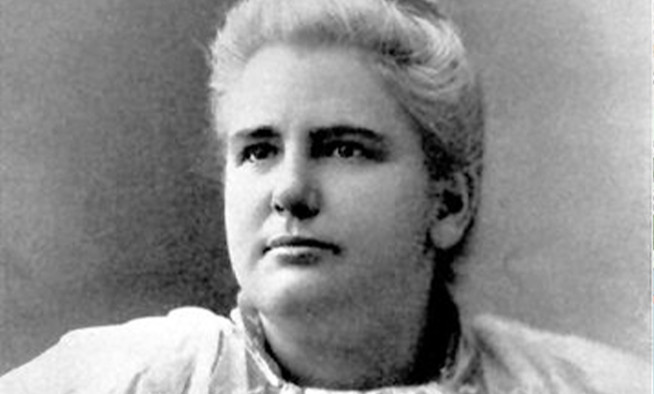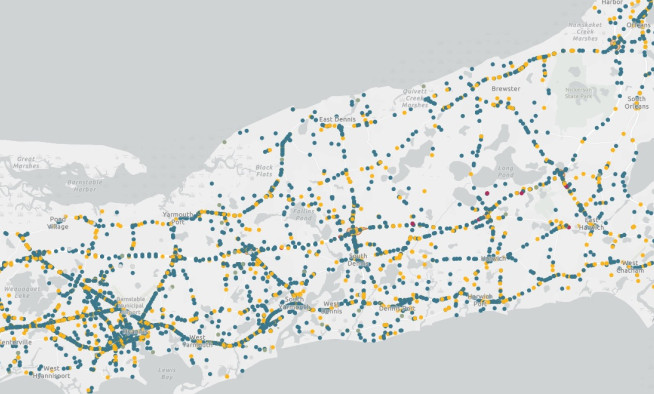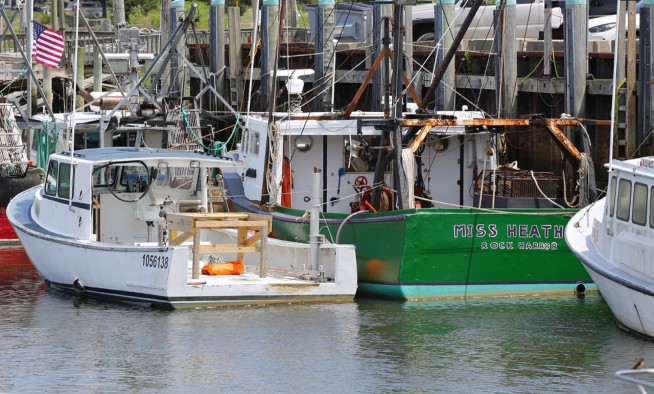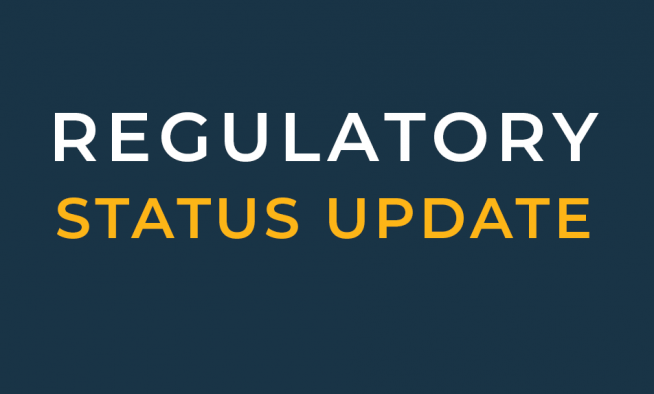Stormwater Update: MS4 Permits
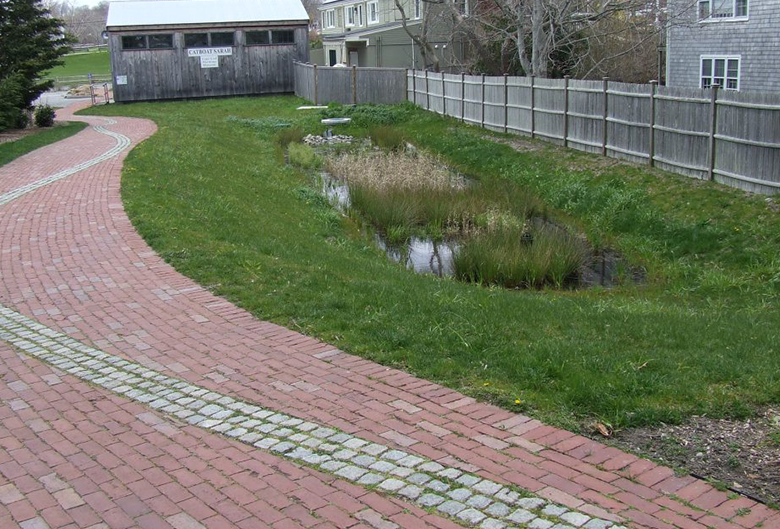
When rain falls or snow melts, water that is unable to infiltrate into the ground is considered stormwater runoff. The factors influencing stormwater runoff can be complex, but decreases in natural and forested areas which readily absorb precipitation coupled with increases in impervious areas (surfaces like roofs, pavement, parking lots and roadways) have led to greater amounts of stormwater runoff. While stormwater runoff can cause obvious problems like flash floods and ponding of water on roadways during a rainstorm, it can also lead to beach closures and contribute to algal blooms even after the rain has stopped.
The Environmental Protection Agency has established a framework to ensure small municipalities are able to operate and maintain their stormwater systems in a way that maintains public safety and the health of the environment. The Massachusetts Small MS4 (which stands for the four S’s in Municipal Separate Storm Sewer System) Permit applies to twelve of the towns on Cape Cod (Provincetown, Truro, and Wellfleet are exempt), and requires towns to address six minimum control measures. (1) deliver educational material about stormwater to residential, industry, commercial, and construction audiences; (2) provide an opportunity for the public to participate in the development and implementation of the town’s Stormwater Management Plan (SWMP); (3) find and eliminate non-stormwater discharges (septic system, roof runoff and basement pumping ) from its stormwater system; (4) establish an ordinance to control stormwater runoff from construction sites; (5) promote on-site retention and treatment of stormwater during new development and re-development; and (6) implement good housekeeping practices to minimize contributions to stormwater from municipal operations.
Towns are currently preparing Notices of Intent (NOI) to establish their coverage under the Small MS4 permit, and over the course of the first year of the permit they will be responsible for developing or updating their SWMP with the public’s participation, establishing a plan to identify and eliminate non-stormwater discharges, and creating standard operating procedures for municipal activities like stormwater system and roadway maintenance. The goal of the five year permit is to minimize the discharge of pollutants via stormwater and improve the quality of water bodies throughout Massachusetts, while giving municipalities flexibility to determine the best way to address the local impacts of stormwater.
The Commission in partnership with the Association to Preserve Cape Cod is staffing a regional Stormwater managers group to coordinate regional assistance to the towns as they prepare their NOIs and implement their minimum control measures. Readers are encouraged to visit the Regional Stormwater hub of compiled and updated information at…
Related Posts
